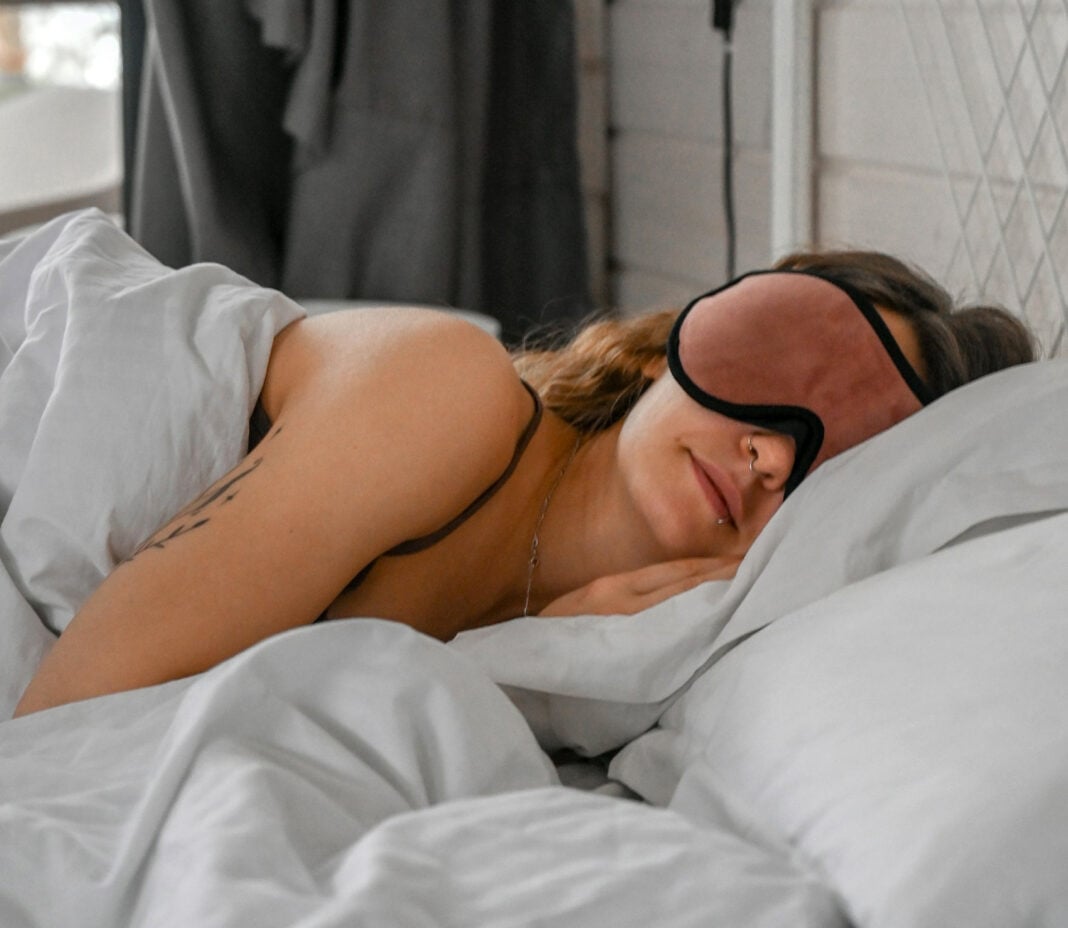Jet lag is an all-too-familiar side effect of long-haul travel, and for the luxury traveler, it can be an unwelcome disruption to an otherwise seamless itinerary. While time zone shifts are unavoidable, the discomfort they cause doesn’t have to be.
With thoughtful preparation and a few wellness-minded strategies, it’s possible to soften the impact of jet lag and enjoy your destination..
Manage Health While in Transition
Long flights, irregular sleep, and shifting time zones take a toll on your body’s natural defenses. Jet lag can weaken digestion, disrupt your circadian rhythm, and lower immunity, especially when paired with dry cabin air and reduced activity levels. That’s why maintaining your health during this adjustment period is essential.
To ease the transition, stay well-hydrated, nourish your body with clean, balanced meals, and avoid overbooking your first 24 hours on the ground. Take time to unwind, ideally in natural light, and let your body ease into its new setting. Prioritizing wellness while traveling can help protect your immune system and speed up recovery, ensuring your experience abroad is as enjoyable as it is enriching.
Sync with Local Time
One of the most effective ways to beat jet lag is also one of the simplest: align your internal clock with the destination’s schedule as soon as possible. That means avoiding the temptation to nap mid-afternoon or fall asleep far too early. Even if your body is telling you it’s time for bed, resisting that urge will help your system reset faster.
Keeping yourself gently occupied during this adjustment period can make a world of difference. Step out for a walk, enjoy a long meal, or engage in a quiet activity that holds your attention without overstimulating. For many, playing a classic game like hearts is a relaxing way to pass the time while staying alert until it’s time to sleep. It’s familiar, engaging, and easy to enjoy from the comfort of your hotel room or airport lounge.
Seek Out Sunlight for Circadian Reset
Exposure to natural light is one of the most important tools for resetting your body’s internal clock. Light cues help signal to your brain that it’s time to be awake, which gradually helps your sleep-wake cycle adjust to the local time zone.
Plan to spend time outdoors as early in the day as possible. Breakfast al fresco, a morning stroll through your new neighborhood, or even a few moments by the pool can be beneficial. While it’s tempting to wear sunglasses after a long flight, try to avoid them during your first few hours outside—letting direct sunlight reach your eyes will enhance the circadian recalibration process.
Consider Smart Supplement Support
Supplements can provide extra support during your transition, particularly when paired with good sleep hygiene and natural light exposure. Melatonin is a popular option, helping to guide your body toward rest when taken a few hours before your desired bedtime. Magnesium can aid relaxation and relieve muscle tension, while B-complex vitamins may assist with energy regulation as your body adjusts.
Recovering from jet lag doesn’t have to be an ordeal. By blending mindful scheduling, immune support, and circadian-aligned habits, you can make your transition from plane to place as smooth as possible. After all, luxurious travel isn’t just about the destination—it’s about how well you experience every moment once you arrive.






